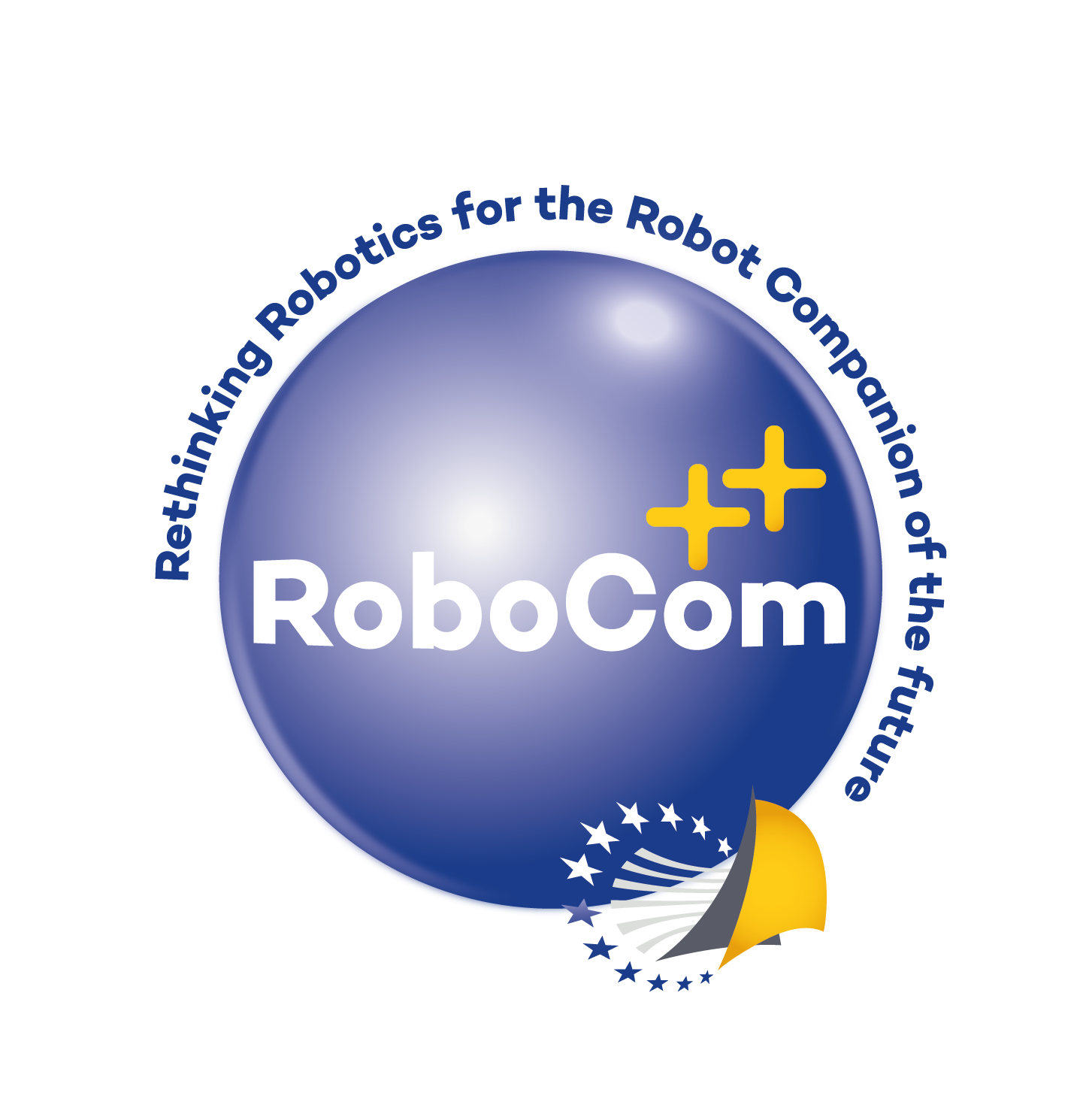The Robot Companions of the future will pursue a radically new design paradigm, grounded in the scientific studies of movement, behaviour and intelligence in nature. This approach will allow achieving complex functionalities not only in new robot brains, but also in a new bodyware making limited use of computing resources, mass and energy, and able to exploit compliance instead of fighting it.
The main objectives of this workshop are to offer new insights on the science and the technology enabling the next generations of Robot Companions, capable of overcoming the limitations of current robots in human daily-life scenarios.
The workshop will introduce and discuss the grand challenges of science-grounded and bioinspired Robotics that aim to design and build new robots integrating soft bodyware, controlled by emergent behaviour and orchestration, exploiting their partly compliant body, and using energy more efficiently. The workshop also stands as an opportunity for discussing the challenge of the robot companions of the future as a global initiative of the international robotics community, by comparing national programs and analysing the opportunities for federated activities.
The organizers and the invited speakers represent renowned scientists in science-grounded robotics and are active and highly qualified in the critical and emerging topics related to the workshop, including the concepts of
bioinspired control and cognition, embodied intelligence, morphological computation, simplexity, developmental approaches, human-robot interaction, soft robotics and smart materials. hese concepts can be exploited to develop new scientific knowledge and new robots that can effectively negotiate natural environments and cooperate with human beings as real “Companions”. The strong support received by EIGHT different IEEE RAS TCs will further strengthen the coverage of the diverse disciplines addressed by the workshop and encourage wide participation.
In details the topics related to the workshop are:
- embodied intelligence, morphological computation, simplexity, and developmental approaches to control and cognition. Taking inspiration from embodied intelligence, in particular from principles like morphological computation, the morphology and the mechanical properties of the physical body can be exploited to simplify control, because adaptive behavior can be more than just control and computation, but can emerge from the multi-scale complex and dynamic interaction between the morphology of the body, sensory-motor information flow, orchestrated control, and environment.
Similarly, “simplexity” comprises a collection of solutions that can be observed in living organisms which, despite the complexity of the world in which they live, allows them to act and project the consequences of their actions into the future.
- Soft Robotics. One of the main goal of this workshop is to analyse the revolutionary potential of soft robotics and to investigate methods and components, such as novel control techniques, new actuators, new mechanical joints, new sensors and new soft/functional materials – for example flexible electronics. The workshop intends to show the suitability of soft, compliant technologies in two different scenarios: “adaptable, safe interaction with human” and “robust exploration of unstructured environment”. It will discuss these topics by presenting soft intelligent structures able to sense and act (e.g. sensorimotor tissues), variable stiffness actuators and materials (e.g. to selectively tune the load bearing capabilities of the bodies where are embedded) and the design possibilities given by reconfigurability and foldability to adapt body morphology to the task requirements.
- Multifunctional materials. Many new robotics materials are based on biomimetic principles, like hierarchic structures, and with self-healing properties. The workshop intends to show the suitability of soft responsive materials (for example based on functional, hierarchical and/or micro & nanostructured composites) capable of working as actuators and sensors at the same time and to serve as computational resources that can be exploited in the context of control, e.g. as a pure physical feedback control loop. These new soft materials need to be developed with sufficient power density to make them practical.
- Energy Management. The workshop wants to explore the development of alternative energy sources, for example based on metabolic-like chemical processes, and of different approaches to bio-inspired energy optimization strategies for robot companions.
- Embodied Cooperative Communication Processes. The workshop will describe the Cooperative Robots of the future that should be able to assist humans in a variety of tasks, from personal daily life to professional activities and to emergencies, like search and rescue in natural disasters. The Cooperative Robots will be effective in these real-world tasks because they will implement the simplification mechanisms (embodiment, situatedness, self-organization, simplexity, vicariance, etc.) evolved by nature to allow living systems to cope with the complexity of the real world and to achieve robust behaviour. The new paradigm robots will not only be able to carry loads, move, find their way and interact and recognize objects seamlessly, but also to interact fluently, physically and socially, with humans.
